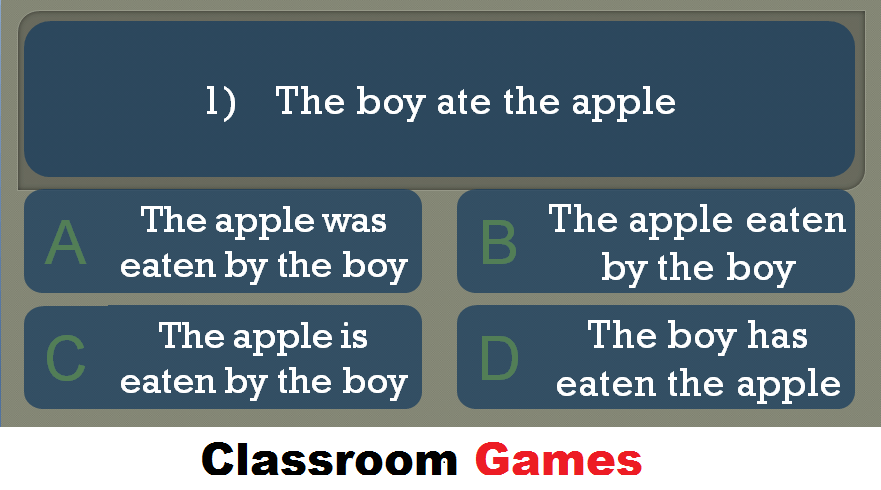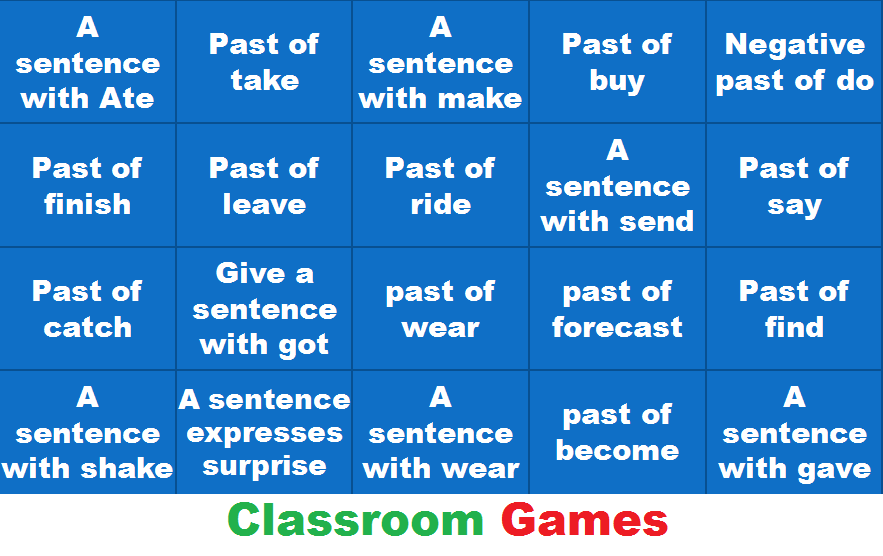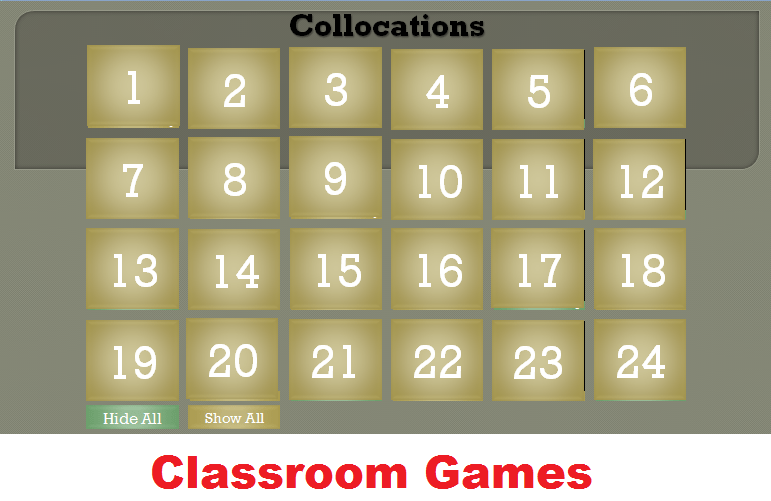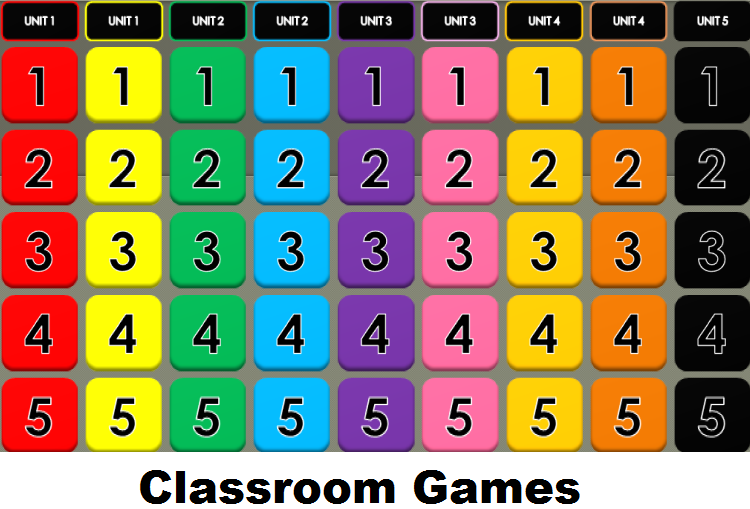Tongue twisters
I remember when I was a university student several years ago, there was a native English speaking professor who always started her classes with a tongue twister. She used to bring a hard, but joyful tongue twister and ask us to repeat it.
Some of my classmates would volunteer to pronounce it and make mistakes and we all burst into laughter. Some of the questions that popped my mind at that time are: why would our professor bring us a tongue twister every time? Are these tongue twisters really helpful or just time-wasters?
At that time, I really did not recognize how important tongue twisters are. But, as I grow up to become a teacher of English, I started to figure it out. I now do realize that teaching young learners is certainly not an easy task. There are needs, differences, and weaknesses, we, the teachers, have to cope with.
One of my frustrating experiences with EFL students is teaching them pronunciation. In contexts such as Japan, Spain, Brazil …etc., pronunciation is very challenging. In my context, pronunciation is treated like the Cindrella skill. It is underestimated and oftentimes ignored. But, as time goes, I developed a conception that pronunciation skills really matters.
Just as our mission is to help learners develop reading, writing, and listening skills, pronunciation is no exception. While I was searching for how to overcome this frustration, I became au fait with many techniques. One of them is introducing and practicing tongue twisters with my learners.
Why tongue twisters are so important
Tongue twisters are so important, I believe. They have many benefits for English language learners. In this short article, I will share some of them. Some of these benefits are the result of both: my understanding of and search for this intriguing issue.
Tongue twisters are great warm-up techniques.
You can start your lessons with one of them. It will definitely add fun and rejoice to your class. You will be able to attract your students’ attention. They are very useful for you as a teacher, as well.
Even if you are native-like or have a good mastery of English, tongue twisters can amazingly surprise you. You can use them to exercise your English before you deliver a presentation, speech, teach a class, or lead a meeting.
They strengthen speech organs and stretch the mouth muscles.
Now, as you are reading this, try to articulate the /r & t/ and /k & g/ sounds, and notice the difference. The /r & t/ sounds and /k & g/ have different places of articulation. Choose another set of sounds and compare them with another set, you will conclude that sounds have different places and manners of articulation.
These differences show us that there are different muscles and organs involved in sound production. By practicing tongue twisters with your learners, you will be able to stretch and train their muscles. As a result, they will end up having a clear pronunciation, clear speech patterns, and produce some of the hardest sounds.
Tongue twisters help you identify the sounds that your learners are struggling wit
If your learners are speakers of Arabic, Amazigh, Chinese or Japanese, you will find that there are some English sounds that are hard for them. Case in point is the following: flap /t/, /f/, /v/, /θ/ and/ð/. Tongue twisters help you identify the sounds that your learners are struggling with. By bringing tongue twisters that cover a specific combination of sounds, and practicing them with your learners, you will definitely help them overcome these difficulties.
As has been noted, tongue twisters not only add fun and amusement to your class, but they can remarkably contribute to your learners’ fluency and pronunciation skills. If you look around, there are many tongue twisters, pick up some, and help your learners.
I really hope you enjoyed this article. Please share your experience of using tongue twisters in the comments below. If you think this article can help someone, please share it.
Please like our page and follow us on Facebook.







